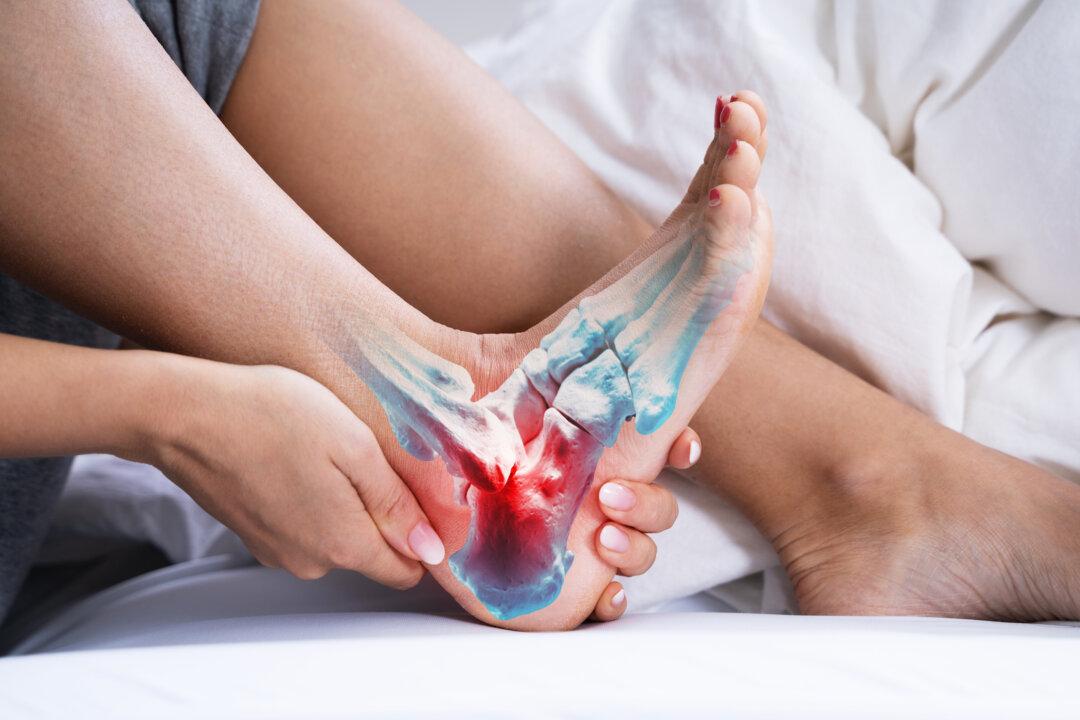With the entire Baby Boomer generation set to be at least 65 in the next decade, there will be growing health challenges. One of the main ones is understanding how various factors contribute to overall health.
Often, people look to treat specific ailments instead of examining the whole. If you have high blood pressure, for example, diet and exercise are prescribed. Memory fading? Oh, it’s just age. But the reality is that age is just a number, and health treatments don’t always reflect the cause. It is, after all, entirely possible for an 85-year old to be functioning better than someone who’s 65.





